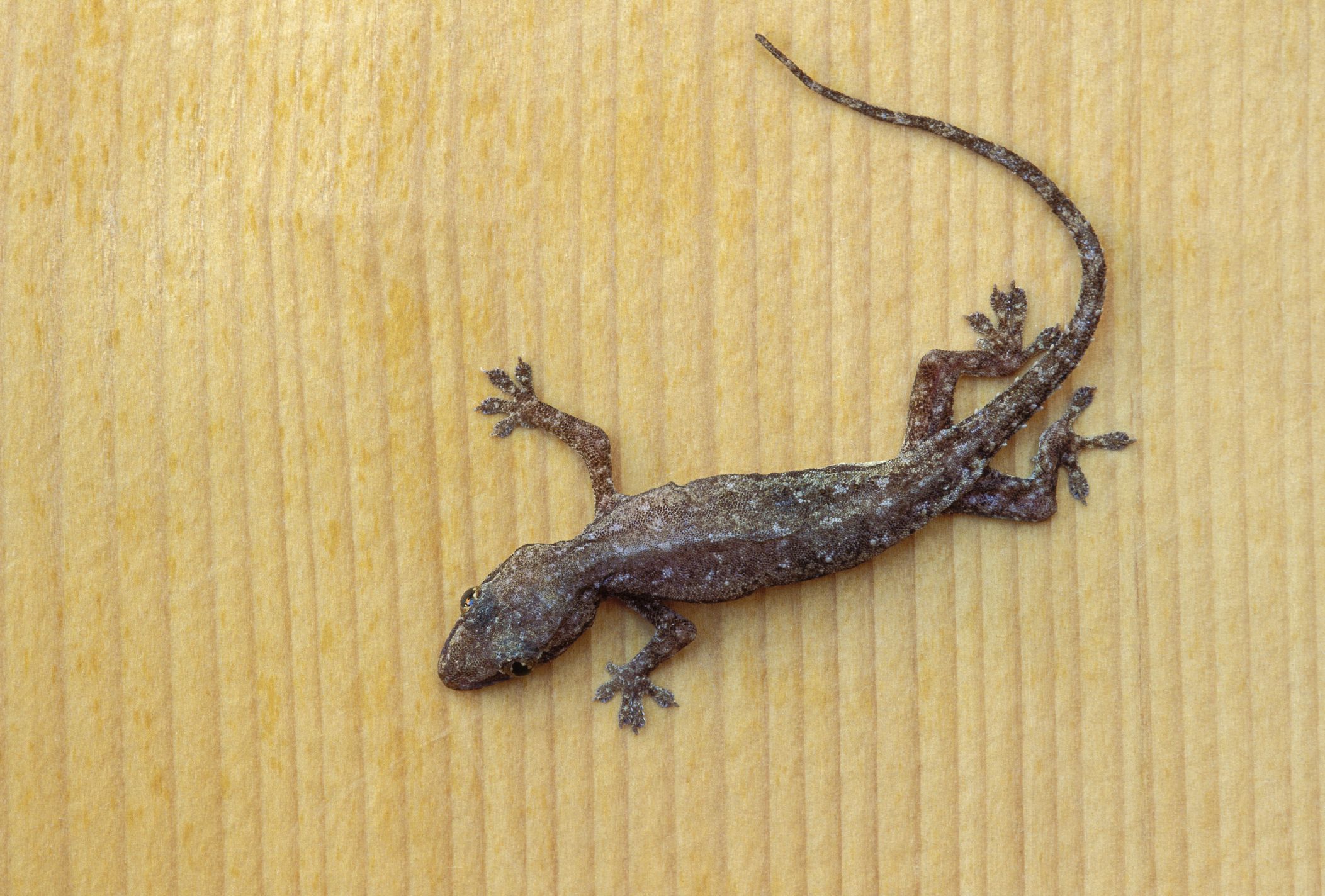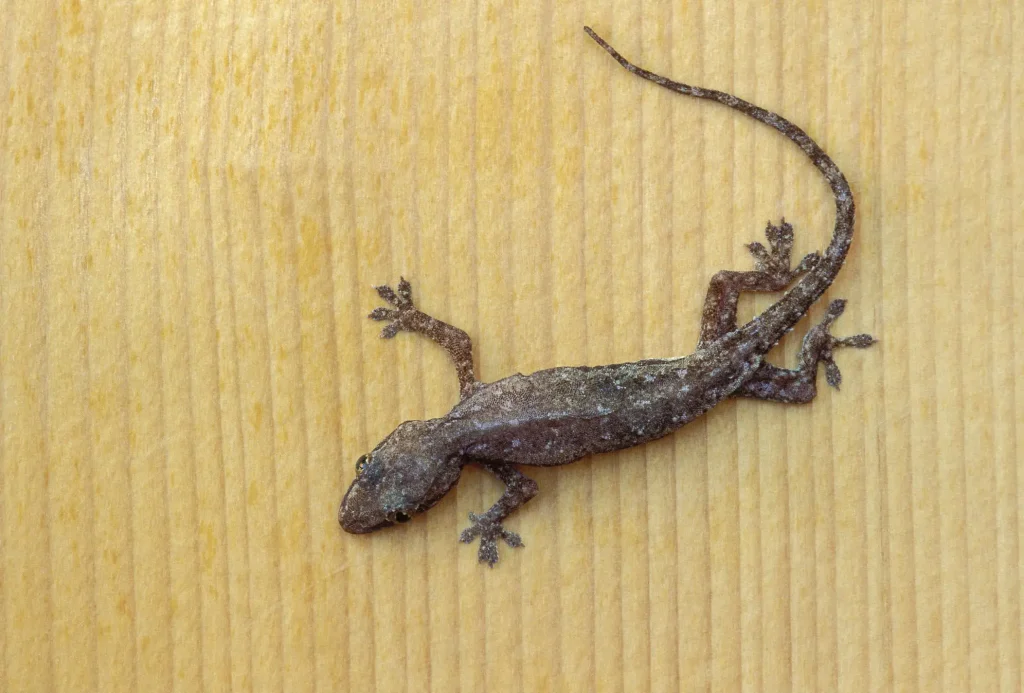House geckos are fascinating creatures that make for great pets. These small lizards are easy to care for and can live for up to 10 years with proper care. However, taking care of a house gecko requires more than just providing them with food and water. In this article, we will discuss all the essential aspects of taking care of a house gecko, from their habitat to their diet, and more.
Whether you’re a first-time gecko owner or looking to improve your gecko’s care, this guide will provide you with all the necessary information. By the end of it, you’ll be equipped with the knowledge and skills you need to create a happy and healthy environment for your house gecko. So, let’s dive in and learn how to take care of these amazing creatures!
Here are some tips to keep your house gecko healthy and happy:
- Provide a spacious and secure terrarium with plenty of hiding spots and climbing structures.
- Feed your gecko a diet of live insects such as crickets, mealworms, and waxworms.
- Keep the terrarium clean and at the appropriate temperature and humidity levels.
- Handle your gecko gently and minimally to avoid stressing it out.
- Regularly observe your gecko for any signs of illness or injury and seek veterinary care if necessary.

How to Take Care of a House Gecko?
House geckos are a popular pet among reptile enthusiasts. These small lizards are easy to care for and can make great companions. However, taking care of a house gecko requires more than just providing food and water. Here are some tips on how to take care of a house gecko and ensure that they live a happy and healthy life.
1. Housing Your House Gecko
The first step in taking care of your house gecko is to provide them with a suitable habitat. A 10-gallon tank is sufficient for one gecko, but if you plan on keeping multiple geckos, you will need a bigger tank. The tank should be made of glass or plastic and have a screen top for ventilation. The flooring should be lined with a substrate such as coconut fiber or reptile carpet. You should also provide hiding spots, such as branches, rocks, or caves, where your gecko can feel safe and secure.
It’s important to maintain a warm and humid environment for your gecko. The temperature in the tank should be between 80-85°F during the day and no lower than 70°F at night. A heat lamp or under-tank heater can be used to maintain the temperature. You should also mist the tank with water daily to provide humidity for your gecko.
2. Feeding Your House Gecko
House geckos are insectivores, which means they eat insects. You can feed your gecko crickets, mealworms, waxworms, and other small insects. You should also dust the insects with calcium powder before feeding them to your gecko to ensure they get the proper nutrients. Geckos should be fed every other day, and their food should be replaced if it’s not consumed within 24 hours.
It’s also important to provide a shallow dish of water in the tank for your gecko to drink from. The water should be changed daily to prevent bacteria growth.
3. Handling Your House Gecko
House geckos are generally docile and easy to handle, but it’s important to approach them slowly and gently. You should never grab them by the tail, as their tails can detach as a defense mechanism. Instead, gently scoop them up from underneath and support their body with your hands. It’s important to handle your gecko regularly to help them become accustomed to human interaction.
4. Keeping Your House Gecko Healthy
Regular check-ups with a veterinarian who specializes in reptiles are important for keeping your gecko healthy. It’s important to watch for signs of illness, such as loss of appetite, lethargy, or abnormal behavior. You should also keep the tank clean by removing feces and uneaten food daily and doing a deep clean of the tank every month.
5. Benefits of Owning a House Gecko
Owning a house gecko can be a rewarding experience. They are low-maintenance pets that are easy to care for. They also have a unique appearance and can be entertaining to watch. Additionally, handling and interacting with a gecko can be a great way to reduce stress and improve mental health.
6. Vs. Other Reptile Pets
Compared to other reptile pets, house geckos are relatively easy to care for. They don’t require as much space as larger reptiles and don’t need special lighting or heating equipment. They also don’t produce as much waste as larger reptiles, making them a good choice for those who live in small spaces.
7. Common Mistakes When Taking Care of a House Gecko
One of the most common mistakes people make when taking care of a house gecko is not providing the proper habitat. Geckos need a warm and humid environment to thrive, so it’s important to maintain the right temperature and humidity levels in the tank. Another common mistake is overfeeding or feeding improper food, which can lead to obesity and other health problems.
8. House Gecko FAQ
Q: Can house geckos live together?
A: Yes, house geckos can live together as long as they are of similar size and sex.
Q: How long do house geckos live?
A: House geckos can live up to 10 years in captivity.
Q: Do house geckos make noise?
A: House geckos are generally quiet, but males may make a chirping sound during mating season.
9. Conclusion
Taking care of a house gecko requires some effort, but it’s a rewarding experience. By providing a suitable habitat, feeding a proper diet, handling them regularly, and keeping them healthy, you can ensure that your gecko lives a happy and healthy life. Remember to consult with a veterinarian who specializes in reptiles if you have any concerns about your gecko’s health.
10. References
– “House Gecko Care Sheet” by Reptiles Magazine
– “House Geckos: A Complete Guide” by Animal Corner
– “Keeping Geckos as Pets” by PetMD
Frequently Asked Questions
House geckos are small, friendly reptiles that can make great pets. If you’re new to owning a house gecko, it’s important to learn how to properly care for them. Here are some common questions and answers to help you take care of your pet gecko.
What do house geckos eat?
House geckos are insectivores, which means they primarily eat insects. Some geckos also like to eat fruit. You can feed your gecko crickets, mealworms, waxworms, and other small insects. It’s important to feed them a variety of foods to ensure they get all the nutrients they need.
You should also make sure to dust the insects with calcium powder before feeding them to your gecko. This will help keep your gecko’s bones healthy and strong.
How often do I need to clean my gecko’s enclosure?
It’s important to keep your gecko’s enclosure clean to prevent the buildup of bacteria and other harmful substances. You should spot clean the enclosure daily, removing any feces, uneaten food, or shed skin. Every few weeks, you should do a deep cleaning of the enclosure, removing all of the substrate and cleaning the walls and decor with a reptile-safe disinfectant.
Make sure to rinse everything thoroughly and let it dry completely before adding new substrate and putting your gecko back in the enclosure.
What temperature should I keep my gecko’s enclosure?
House geckos are tropical animals, so they need a warm and humid environment to thrive. You should keep the enclosure temperature between 80-85 degrees Fahrenheit during the day, and no lower than 70 degrees Fahrenheit at night. You can use a heat lamp or under-tank heating pad to maintain the proper temperature.
You should also provide a humidity level of 60-70% in the enclosure. You can achieve this by misting the enclosure with water several times a day and providing a shallow dish of water for your gecko to soak in.
Do house geckos need any special lighting?
House geckos are nocturnal, which means they are most active at night and sleep during the day. They do not require any special lighting, but you should provide a day/night cycle to help regulate their sleep schedule. You can do this by turning off any lights in the room at night and providing a dim nightlight in the enclosure.
If your gecko is not getting enough vitamin D, you can provide a UVB light in the enclosure. This will help your gecko absorb calcium and keep their bones healthy.
What can I do if my gecko is not eating?
If your gecko is not eating, there may be a few reasons why. It could be due to stress, illness, or a change in their environment. Make sure your gecko’s enclosure is set up correctly and that they have plenty of hiding places. You should also make sure the temperature and humidity levels are correct.
If your gecko is still not eating, you may need to take them to a veterinarian who specializes in reptiles. They can determine if there is an underlying health issue that needs to be addressed.
How to care for house geckos in captivity!!(setup,feeding,ect!!)
In conclusion, taking care of a house gecko can be a rewarding and enjoyable experience. By following these simple steps, you can ensure that your gecko is healthy and happy. Remember to provide a suitable habitat with proper lighting, heating, and humidity levels. Offer a varied diet of insects and supplements to meet their nutritional needs. And lastly, handle your gecko with care and respect their natural behaviors. By doing so, you can provide your gecko with a happy and comfortable life in your home. So get started on your gecko journey and enjoy the many benefits of having these fascinating creatures as pets.


